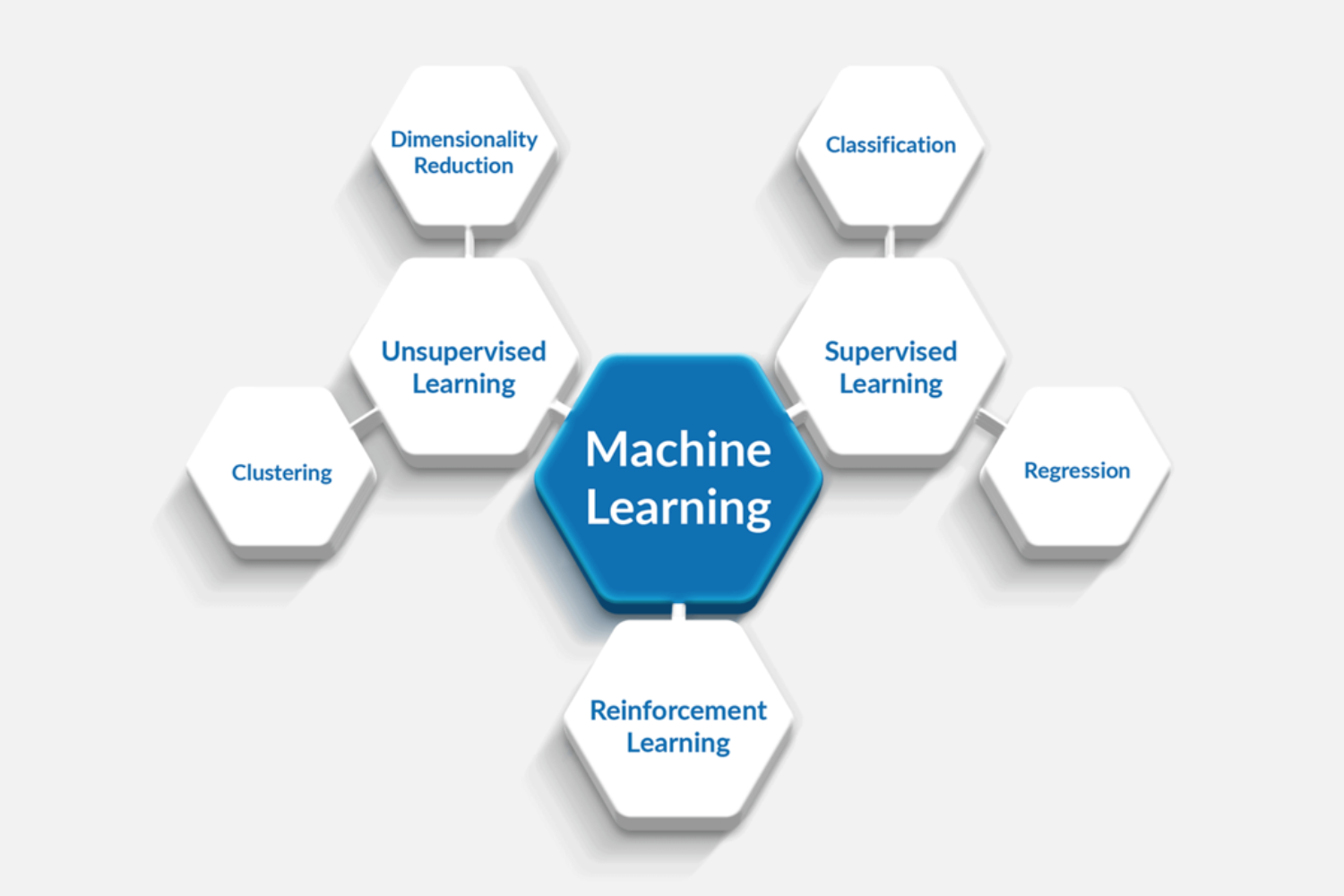
Machine Learning – ML
Machine learning is a subset of artificial intelligence that focuses on the development of algorithms and statistical models that enable computers to perform tasks without explicit programming instructions. It encompasses a variety of techniques and approaches aimed at allowing machines to learn from data, recognize patterns, and make decisions or predictions based on that information. At its core, machine learning leverages computational methods to analyze large datasets and extract meaningful insights, which can then be used to improve performance or automate processes in various domains.
One of the fundamental concepts in machine learning is the notion of training a model using labeled data, where the algorithm learns from examples to make predictions or classify new instances. This process typically involves iteratively adjusting the model’s parameters to minimize errors or improve its accuracy in predicting outcomes. Supervised learning, unsupervised learning, and reinforcement learning are among the primary categories of machine learning algorithms, each serving different purposes and requiring distinct methodologies.
Supervised learning algorithms learn from labeled training data, where each example is paired with a corresponding target label or outcome. These algorithms aim to map input data to output labels based on patterns observed in the training set, enabling them to make predictions on new, unseen data. In contrast, unsupervised learning algorithms operate on unlabeled data, seeking to uncover hidden structures or patterns within the dataset without explicit guidance. They can be used for tasks such as clustering similar data points or dimensionality reduction.
Reinforcement learning is a type of machine learning where an agent learns to interact with an environment by performing actions and receiving feedback in the form of rewards or penalties. The agent’s goal is to maximize cumulative rewards over time by learning optimal strategies or policies through trial and error. Reinforcement learning has applications in areas such as robotics, gaming, and autonomous systems, where agents must learn to make decisions in dynamic and uncertain environments.
In addition to these main categories, machine learning encompasses various specialized techniques and algorithms, including deep learning, ensemble methods, and probabilistic graphical models, among others. Deep learning, in particular, has gained significant attention and popularity in recent years due to its ability to automatically learn hierarchical representations of data through neural networks with multiple layers. These deep learning architectures have achieved remarkable success in tasks such as image and speech recognition, natural language processing, and medical diagnosis. Overall, machine learning plays a crucial role in enabling computers to perform increasingly complex tasks and make intelligent decisions in a wide range of applications, from business analytics and finance to healthcare and autonomous vehicles. As the field continues to advance, researchers and practitioners are constantly exploring new algorithms, methodologies, and applications to push the boundaries of what machines can learn and accomplish.


